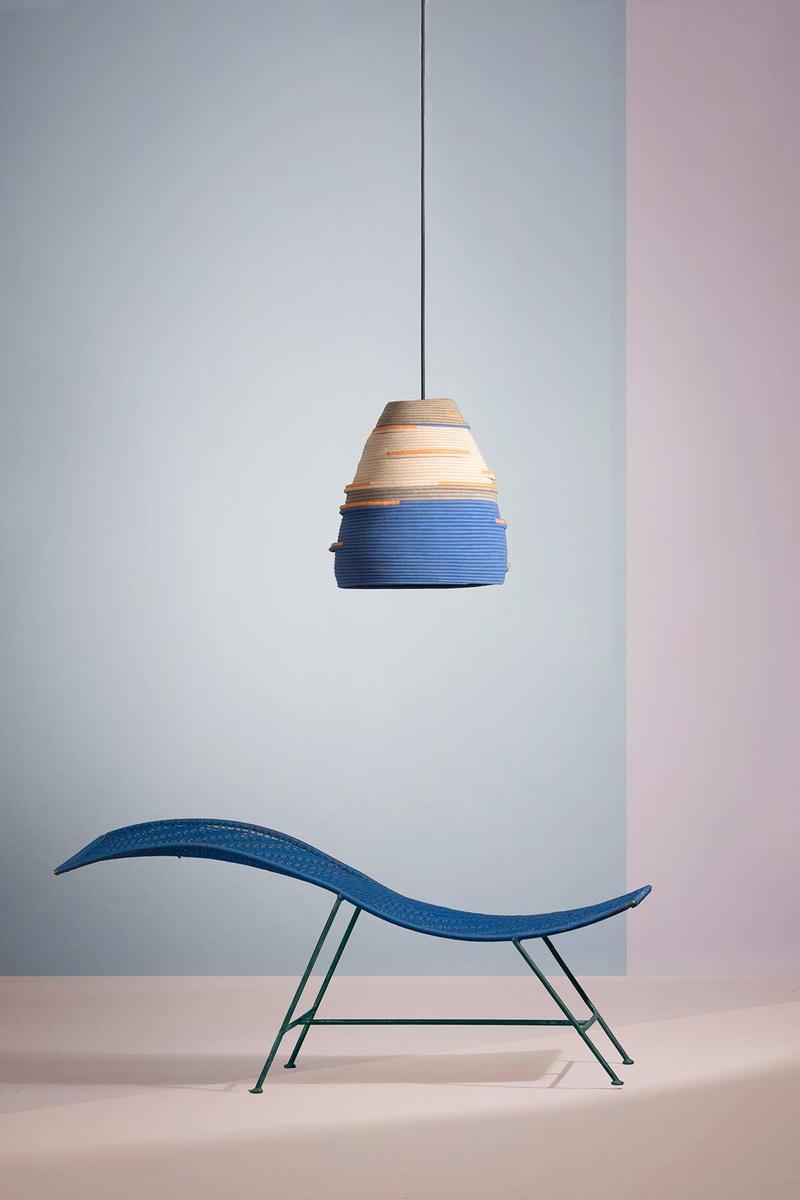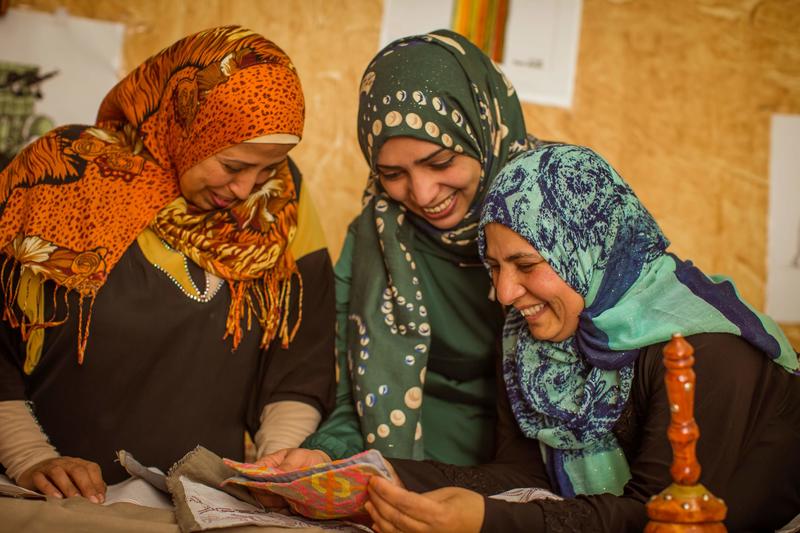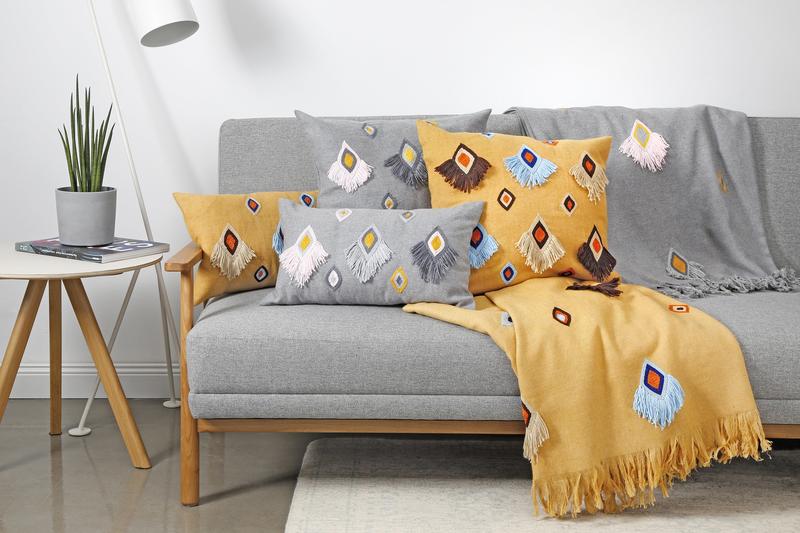While sustainability is a buzzword for some, it’s a mission for others. Empowered by its connections with 11 partner countries, the global initiative Made51 is elevating the concept.

In 2018, Made51 debuted the first collection of refugee-made products at Ambiente, the consumer goods show that wrapped up this week in Frankfurt, Germany. Since Made51 was founded two years ago, the organization has developed partnerships with 11 countries, working with the United Nations High Commissioner for Refugees to integrate refugees into the global supply chain. By partnering with the World Fair Trade Organization (WFTO), Made51 helps ensure that refugees are paid living wages for their work.
When it first formed, Made51 focused on finding countries with UNHCR chapters that could work with Made51, either by prioritizing the initiative or by giving its employees its blessing to work with local artisan nonprofits. Then, it built partnerships with manufacturers, importers and exporters and brand experts to create a viable collective. Now, it’s looking for buyers and retailers who can order and sell Made51 products in their locations. Though the organization is fairly open to many types of buyers, it will prioritize profitable companies looking to make long-term commitments.
Returning to Ambiente a few days ago with an even larger collection than last year, Made51 displayed handwoven baskets from Burundian refugees in a camp in Tanzania; yarn and leather lampshades from Tuareg refugees in camps in Burkina Faso; and embroidered throws and pillowcases by Afghan artisans in camps in Pakistan. A partnership with Irene Vermeulen, who works on product design and branding, helped the organization translate the artisans’ skills into high-quality, market-ready products.

“I’ve worked in integrating marginalized groups into global supply chains all my life, and this is really challenging,” Christine Gent, a WFTO expert working with Made51, tells Business of Home. “If you can imagine these baskets from [maker's nonprofit] WomenCraft, they’re made in a camp in the north of Tanzania, and WomenCraft has restricted access. It’s very, very difficult bringing supplies in and out.”
The global artisanal market is worth $34 billion, and the artisan sector is the second-largest employer in the developing world, representing a sizable opportunity for refugees, according to Made51 global lead Heidi Christ. However, it only works if there’s a retail demand.

“We are calling on the retail industry to join us in helping refugees to craft new futures,” Christ said at a press conference at Ambiente. “Consumers today are spending more on curated consumption than ever before. This drive for individuality and personality through a unique curation of home design and decoration combines with the opportunity to help build better futures.”
Made51 plans on hosting events in New York for World Refugee Day on June 20.




























